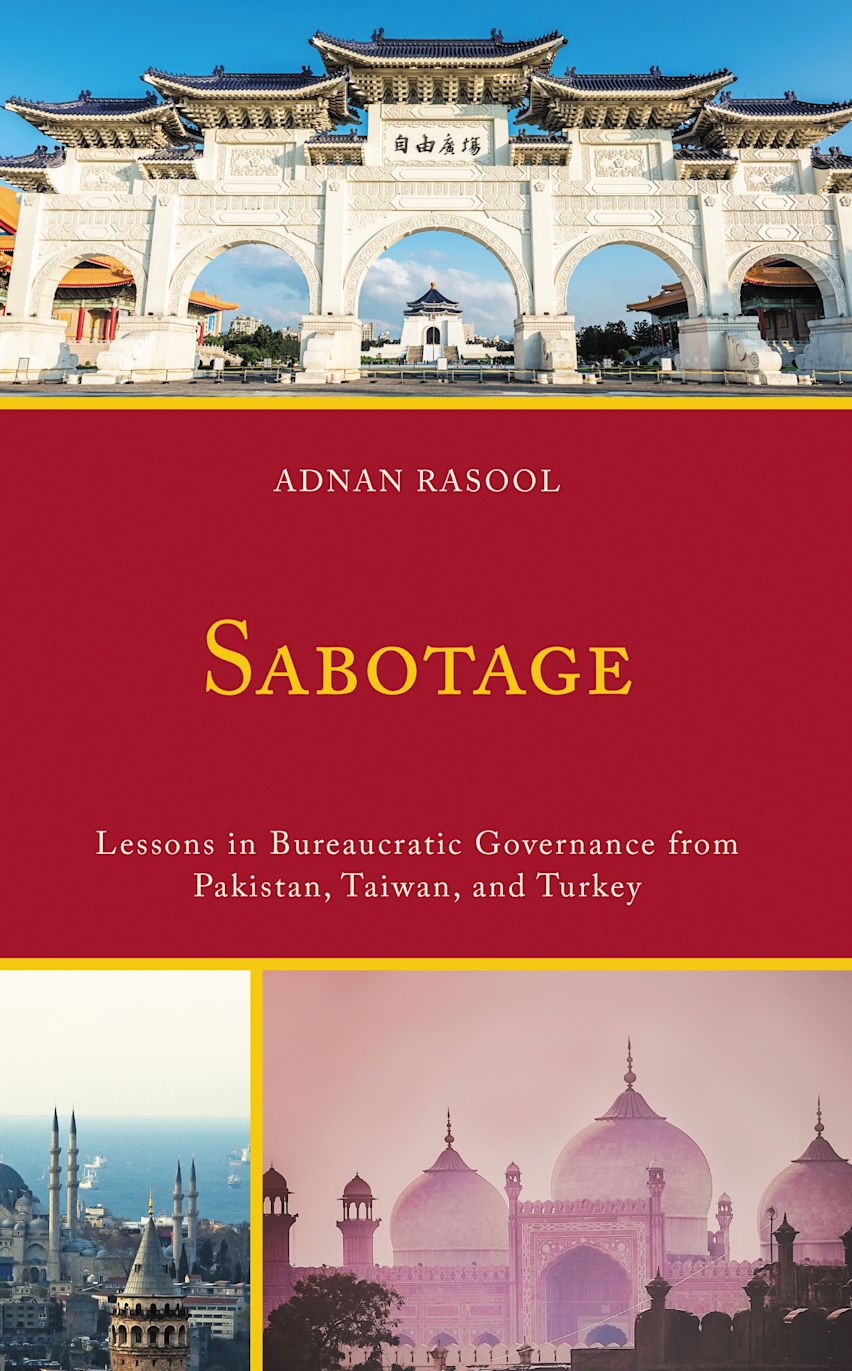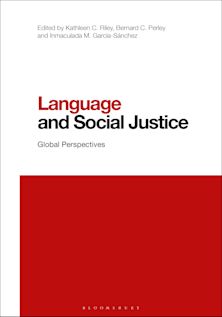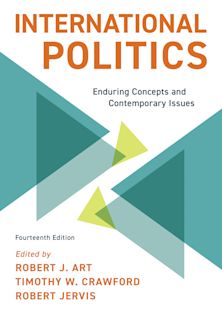Sabotage
Lessons in Bureaucratic Governance from Pakistan, Taiwan, and Turkey
Sabotage
Lessons in Bureaucratic Governance from Pakistan, Taiwan, and Turkey
This product is usually dispatched within 1 week
- Delivery and returns info
-
Free US delivery on orders $35 or over
Description
How does a state continue functioning and ensuring public service delivery even during times of political crisis? Sabotage: Lessons in Bureaucratic Governance from Pakistan, Taiwan, and Turkey argues the answer is that a high-quality bureaucracy operating with institutional autonomy. Using primary data collected through extensive fieldwork in Pakistan, Turkey, and Taiwan, it explains how bureaucracy is the lynchpin that can save or sabotage a state. A high-quality bureaucracy based on Weberian ideals alone is not enough, it needs institutional autonomy to operate an optimal level. Using evidence from all three country cases, the book maps out scenarios of what happens when bureaucratic quality and institutional independence are altered. In the case of Taiwan, bureaucracy plays the role of a facilitator during democratization figuratively saving the state, while Turkey offers a scenario of democratic backsliding that is predicated on gutting bureaucratic competence . While the case of Pakistan theorizes that a bureaucracy as the guardian of a state can sabotage any reform or change in service of self-preservation. The book offers also offers useful insights about the process of democratization, such as a professionalized bureaucracy is the first step for democracy to take root, and that possible backsliding can be detected early on based on whether a government is purposely weakening the bureaucracy or hurting institutional autonomy through politicization. The book also proposes that reforms, specifically bureaucratic reforms need to be enacted for them to work.
Table of Contents
Chapter 2: Measuring and Observing Governance Stability
Chapter 3: Chaotic Stability: The Case of Pakistan's Governance Amid Political Chaos
Chapter 4: The Autocratic Roots of Democracy: The Case of Taiwan's Reformed Bureaucracy
Chapter 5: Institutions Wrecked and a Democracy Lost: The Case of Turkey's Governance Breakdown
Chapter 6: Governance Stability… That Is How Countries Keep Functioning During Political Crises
Product details
| Published | Jul 31 2023 |
|---|---|
| Format | Hardback |
| Edition | 1st |
| Extent | 164 |
| ISBN | 9781666901757 |
| Imprint | Lexington Books |
| Illustrations | 12 b/w illustrations; 3 tables; |
| Dimensions | 9 x 6 inches |
| Publisher | Bloomsbury Publishing |
Reviews

ONLINE RESOURCES
Bloomsbury Collections
This book is available on Bloomsbury Collections where your library has access.


































